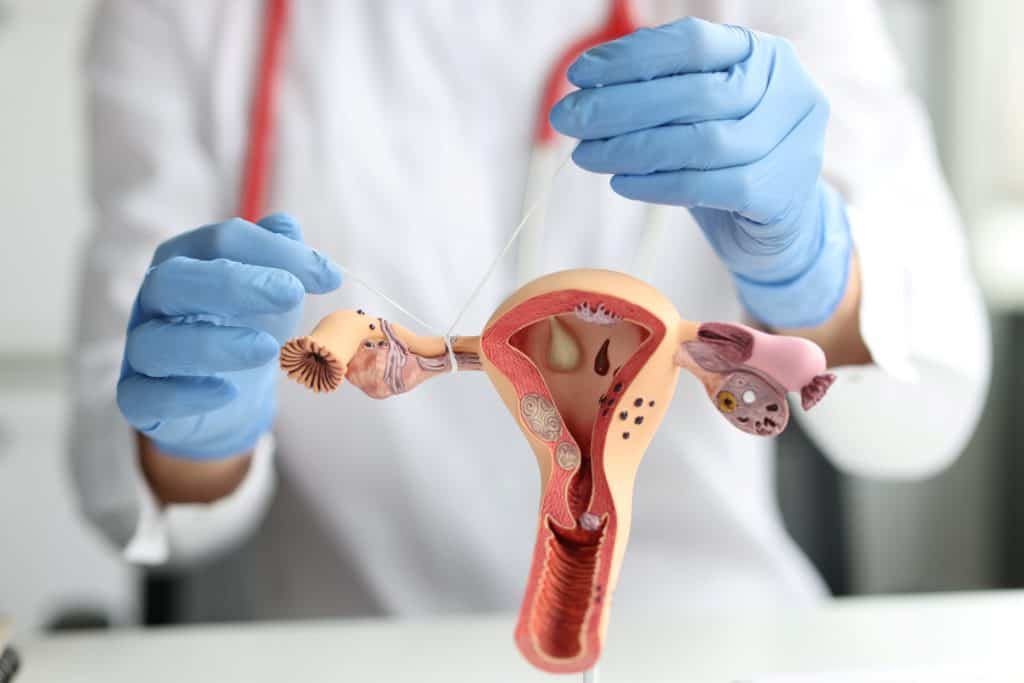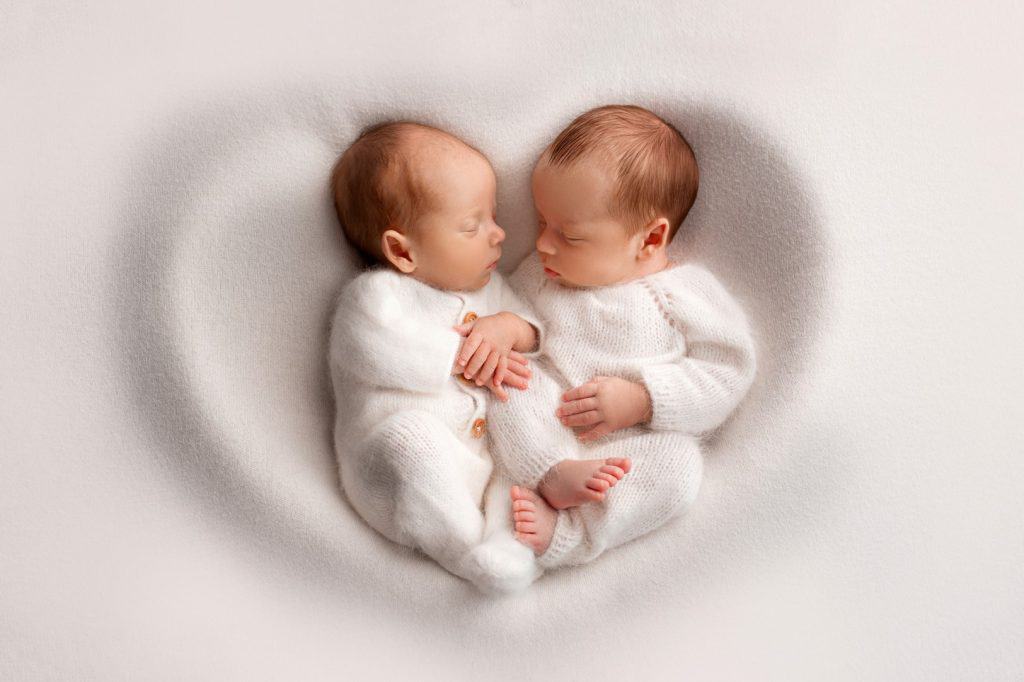Tubal ligation is a common method of permanent birth control that works by cutting, blocking, or otherwise disrupting a woman’s fallopian tubes to prevent pregnancies.
Women who change their minds over time can opt for tubal reversal surgery, which reconnects their fallopian tubes and restores fertility. It may come with side effects like increasing the chance of conceiving twins after tubal reversal – but is that truly the case? If so, why?
While tubal reversal does increase the chance of conceiving twins, the possibility of getting pregnant is still extremely unlikely.
The increased chance of conceiving twins comes more as a side effect of the damage and scarring your fallopian tubes endured from the prior surgeries – not as a direct consequence of those procedures.
The odds of having a twin pregnancy after tubal reversal depend on a few different factors – some of which will be completely out of your hands! We’ll go over everything you need to know on this topic down below.
Tubal Reversal and Twin Pregnancy (Important Info)
What is Tubal Ligation?

A tubal ligation is a form of female sterilization done by disrupting a woman’s fallopian tubes, preventing any eggs from being fertilized.
The procedure can be conducted in many different ways like cauterization or tubal rings, but all of these are meant to create physical barriers to directly block fertilization from happening.
Tubal ligation is a relatively fast procedure, with most operations wrapping up within the hour regardless of method. It also doesn’t disrupt or otherwise alter hormone production, so a patient would only have to recover from the physical toll of the procedure.
Most women can return to their normal lifestyles within a few days, though it’s still recommended to avoid physically-taxing activities for at least a couple of weeks.
What About Tubal Reversal?
Tubal reversal reconnects the fallopian tubes, making natural fertilization possible again. There’s no guarantee that a woman’s fallopian tubes will return to their original functionality.
The diameter of a woman’s fallopian tubes may also be left a little wider after tubal reversal, making it easier for more than one egg to slip by and get fertilized. We’ll go over that later.
The success of tubal reversal primarily depends on a woman’s age, medical history, and the method used for the original tubal ligation procedure. The worst part is that the results won’t show for a while – it can take up to a year to find out if you’ve even regained your fertility!
Tubal reversals also increase the chance of poor pregnancy outcomes like ectopic pregnancies. Ectopic or tubular pregnancies occur when the egg implants outside of the uterus. Sadly, the embryo can’t be saved in these cases – the best thing to do is to treat the condition before it threatens the mother’s life.
Tubal Reversal and Twins

Tubal reversal may restore fertility, but the fallopian tubes often incur scarring from the procedure. This scarring ends up adding curvatures or even blockages that slow down the egg’s passage in the tubes, in turn, increases the chance of the egg splitting into embryos, resulting in a greater chance of conceiving twins.
Remember that tubal reversal will, at best, restore one’s fertility – it won’t increase it! Having twins is already pretty unlikely for women who haven’t undergone any surgical procedures.
To reiterate:
Women who have never undergone tubal ligation and subsequent tubal reversal will generally have slightly higher fertility, as their fallopian tubes wouldn’t have been scarred by surgery.
Women who have undergone tubal reversal will have on par to lower fertility, but a higher proportional chance of having twins. The scarring in the fallopian tube increases the likelihood of multiple pregnancies, but the chance of getting pregnant at all still remains quite low.
Final Thoughts
The odds of having “tubal reversal twins” is only proportionally higher when compared to the odds of having twins normally. While you “could” have twins, it’s still an extremely unlikely outcome – certainly nothing you ought to lose sleep worrying about!